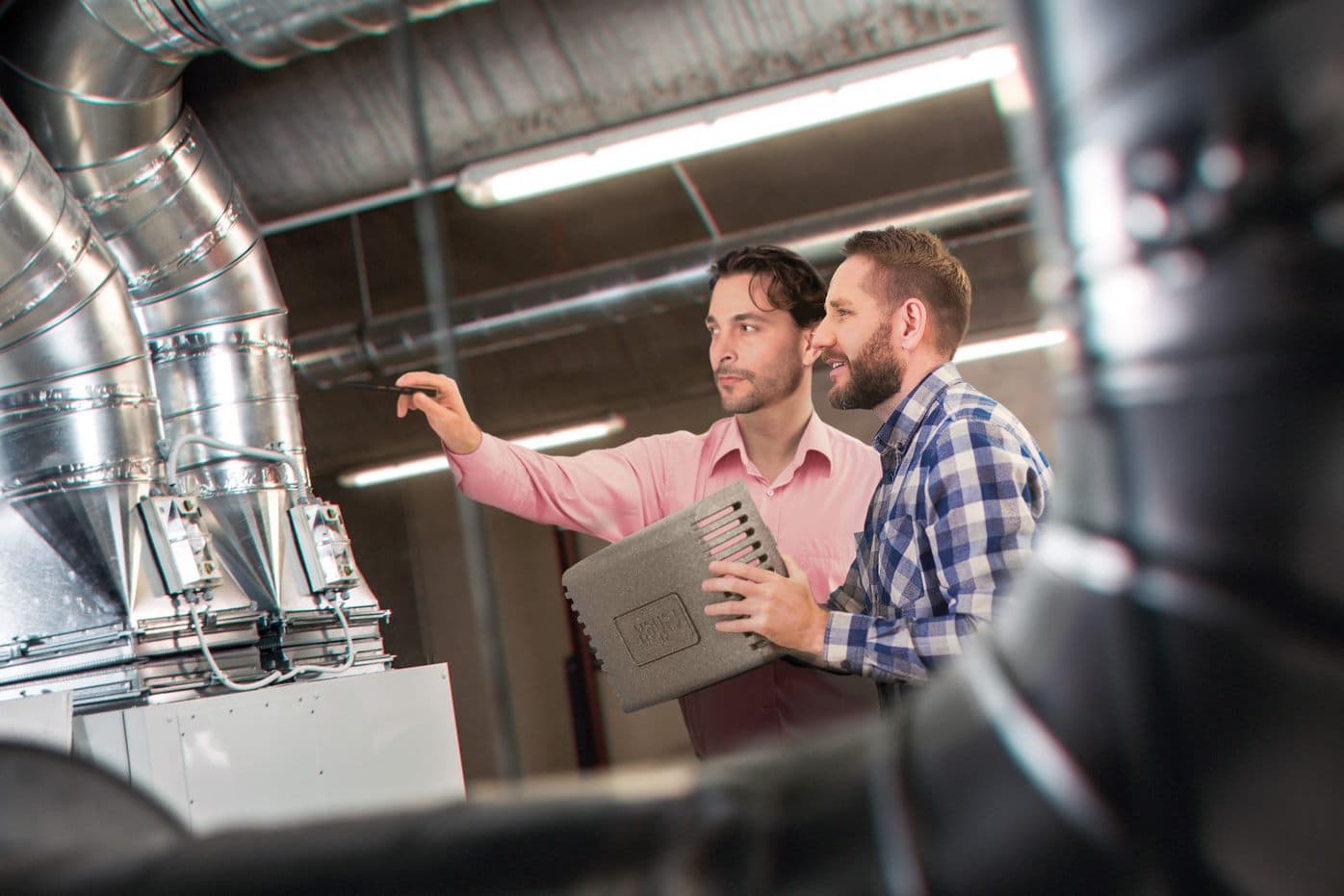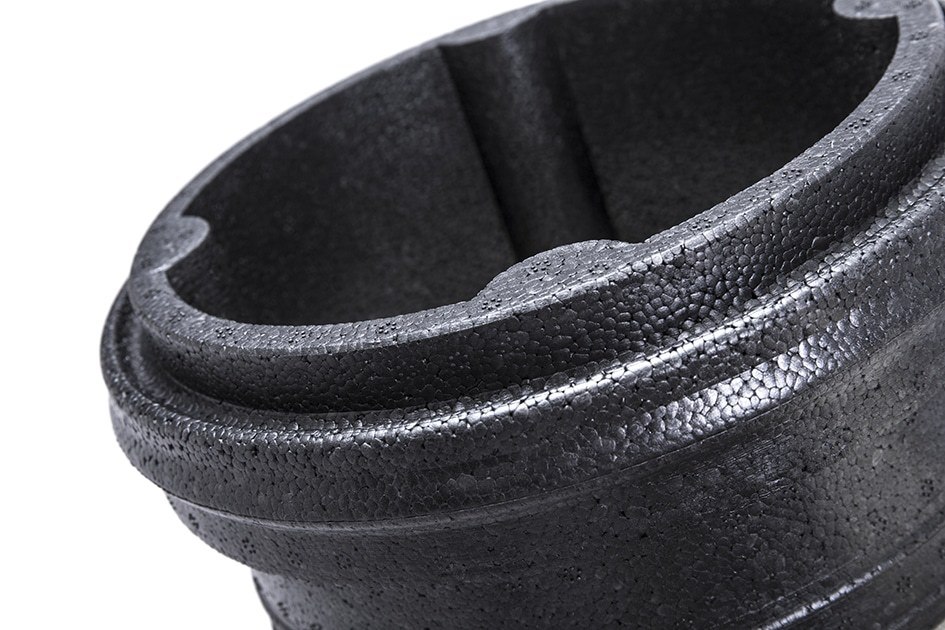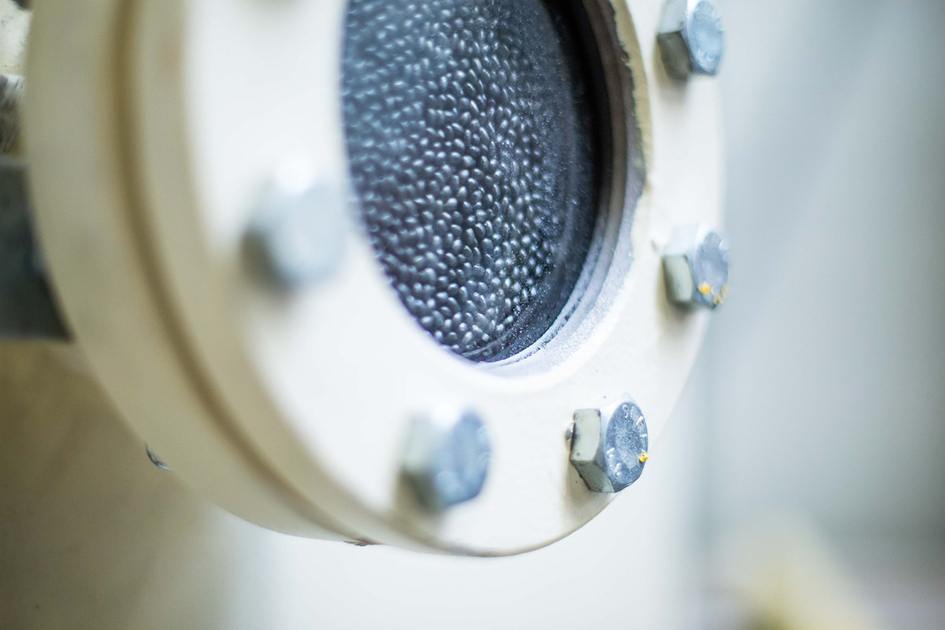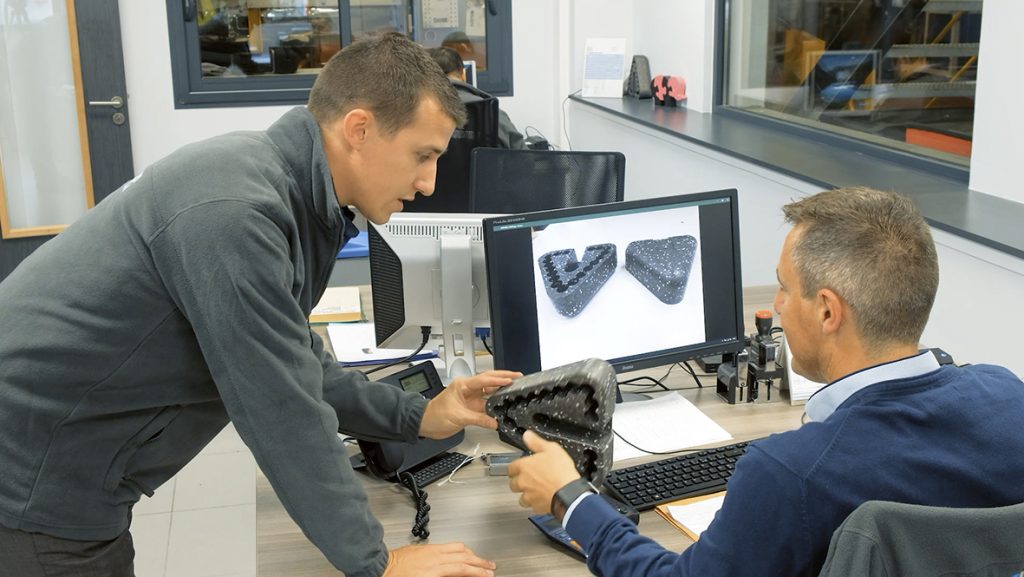Customisation sets you apart and makes you stand out from the competition. Mass production gives your projects economic viability and makes them executable in a manageable time.
Are these irreconcilable objectives? Not at all. Custom plastic parts bring together the best of both worlds.
In fact, having custom plastic components for each use delivers versatility, project suitability, scalability, ease of implementation and an unbeatable cost-performance ratio.
All it takes is an idea, a starting point, with which, as Archimedes indicated, we can move the world. What the Greek sage could not have imagined is that we would achieve this with a material as ubiquitous as plastic.

Custom plastic components: tailor-made solutions for intelligent clients
Custom plastic parts are plastic components that are designed and manufactured to meet the specific needs and requirements of a company or industry.
Choosing a specific type of plastic as a raw material to manufacture custom components provides four major benefits. By choosing 100% recyclable polymers, we are also promoting the circular economy and sustainability.
1. Tailor-made solutions for your specific business needs
All shoes cover the feet. But a moccasin is not the same as a stiletto or a cowboy boot. Similarly, every business has specific needs and requires tailor-made solutions to make everything run like clockwork.
When an idea is original, is different from the rest and the prototype works, settling for standardised solutions can mean your product is lost in the crowd. This happens all too often when a project is moulded around components that already exist on the market.
By opting for custom plastic solutions, it is possible to implement new developments, optimised functionalities or simply to offer an improved, more attractive design. Not to mention excellent cost-efficiency, which provides a competitive advantage in the market.
In short, distinction and competitiveness, the great workhorse of business.
The first thing to do is to choose which type of plastic to use. There is a wide range of plastic polymers, each with different behaviour with respect to changes in temperature, cooling point, elasticity and malleability.
Mono-materials, such as expanded polypropylene (EPP), expanded polystyrene (EPS) and its renewable alternative NEOPS®, make end-of-life recycling more efficient.
Once chosen, all that remains is to design the 3D plastic prototypes of each of the parts. Once they have been assembled, tested and any faults corrected, the only thing left to do is to scale up production. This process is extremely dynamic and minimises the time between prototyping and mass production.
Working with custom plastic parts allows you to adjust the size, weight, strength, insulation capacity, colour and shape of each part. This production system maximises the use of material resources and reduces waste. For this reason, contrary to how it might seem, it becomes a more sustainable way of manufacturing.

2. A better price-performance ratio and more efficient production
In industry, time is money. But so is the ability to ensure smooth and affordable production. Let’s not forget that the aim is to accept customer orders and scale them up wherever possible, without driving up costs.
Plastic resins offer a versatility that is impossible to find in any other raw material. In particular, plastic injection moulding allows production to be undertaken in a relatively short time after prototypes have been approved.
Once the mould is made, the injection moulding manufacturing process is exceptionally fast and has a high-quality finish. One of its advantages is that it allows the production of parts with the desired wall density, even those with tight tolerances.
In fact, this mass production system allows for finer finishes than other popular systems, such as blow moulding.
Injection moulding of plastic components is an automated process controlled by computerised systems. Therefore, parts with production faults, however minor, are detected and removed immediately, preventing the release of defective complex products.
As a result, production cycles are shortened, while the quality of the final product is guaranteed.

3. Improved product design and development
One of the maxims of industry is ‘keep it simple’. The simpler a mechanism is, the fewer parts it has and the more closely it matches the requirements of our project, the less chance of mechanical failure.
Plastic injection moulding enables the production of unique, lightweight parts, capable of replacing more complex multi-component systems. In other words: with just one custom part we eliminate the need for screws, glue, joints and many fitted parts.
You don’t need to be an engineering genius to deduce that with fewer parts, there is less likelihood of mechanical failure and fewer supply problems. In addition, production times are shortened.
Furthermore, the use of a single material gives greater control over the final cost.
Depending on the plastic material and density chosen, custom plastic parts can be extremely strong and durable. Their strength can even be enhanced by fillers or blends with other materials to add specific characteristics, such as tensile strength.

4. Competitive advantages in the market
The current economic situation has made stock-outs in some raw materials play an unintentional role in the market. Not to mention their skyrocketing prices.
Both factors can put an entire business at risk due to a lack of components or a shortfall in the initial budget.
In view of this situation, the circularity of EPP and EPS makes them materials with an excellent future.
The production of plastic parts from both foams is not only simple. These components are also extremely light compared to other materials. Replacing heavier components with these lighter parts makes handling, installation and removal easier and reduces transport costs.
The carbon footprint associated with their entire life cycle is also reduced.
The cost of custom plastic manufacturing remains more affordable than other raw materials with similar performance. Among other factors, this is because its melting point is lower than that of other materials, thereby saving energy during heating.

How Knauf Appliances can help with custom plastic parts
Knauf Appliances offers a range of services including plastic injection moulding, custom plastic manufacturing, plastic prototyping and plastic product development. Our R&D Lab can assist you with the design and production of custom plastic parts to meet your specific business needs.
Our company is currently a supplier of custom plastic parts for various industries. These solutions are gradually taking the place previously occupied by other metallic components.
To understand this development, its extraordinary characteristics should be borne in mind:
- lightness (98% composed of air)
- mechanical strength, giving shock and vibration damping capacity
- thermal insulation
- easy to mould
- 100% recyclable
- lower carbon footprint
- more competitive price

A glance around us is enough to show us everyday objects made of plastic, or which contain plastic parts. However, EPS and EPP are also present in many other places where they go unnoticed to the casual eye.
But nothing would be the same without their contribution. Let’s take a look at some of the products that already include custom plastic components:
- Construction From panels for SATE to building blocks (Legacy®), cassettes, blocks for paving in public works, systems for waterproofing flat roofs…

- HVAC By manufacturing moulded plastic we develop components in EPP, EPS and NEOPS® for heating, ventilation and air conditioning equipment.

- Automotive Have you ever wondered why we increasingly see bigger cars on our streets and roads? The inclusion of expanded foam components has made vehicles considerably lighter, allowing manufacturers to offer increasingly spacious family cars.

In electric vehicles, EPP protective casings for batteries have made a quantum leap in the safety of electric vehicles.
Finally, the industry also employs custom protective packaging systems to protect electronic devices and other sensitive parts.
- Industry The design of plastic parts for corner protectors and other protective packaging solutions is common in many industries. These include electronics, furniture and household appliance manufacturers.

The latter also use numerous individualised plastic solutions, e.g. in drawers, bottle racks and refrigerator shelves.
—
FREQUENTLY ASKED QUESTIONS ABOUT PLASTIC COMPONENTS




